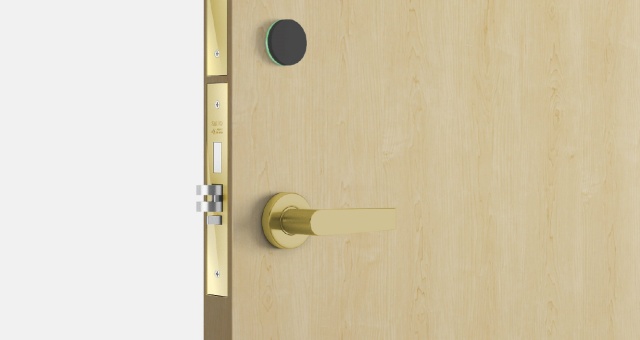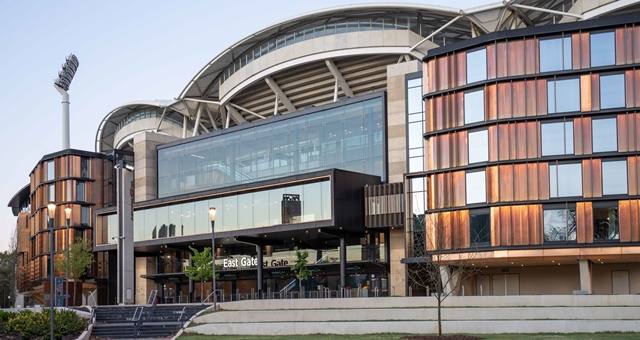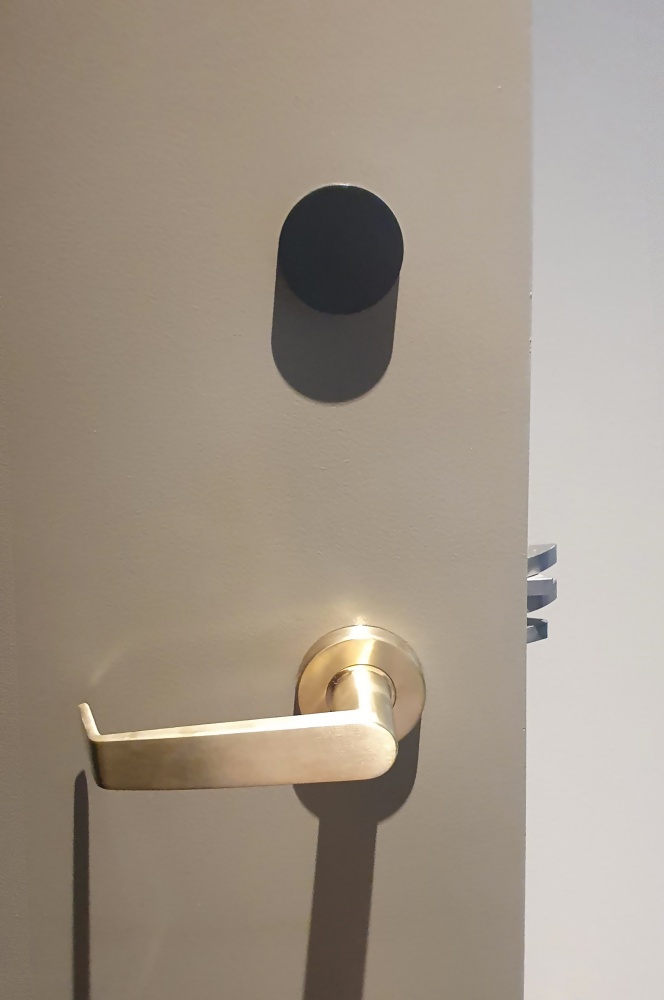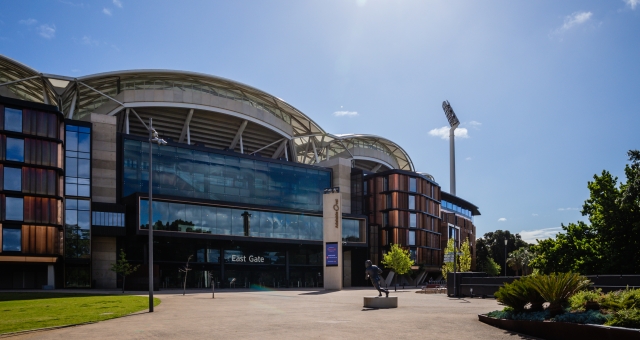The hottest ticket in town among developers, council planning committees and certainly hoteliers are mixed-use developments. With all but one of Australia’s capital cities located on or near coastlines amid sprawling urbanism, demand for space is at a premium and councils are addressing this with construction that meet several different needs.
Rather than simply being a flavour of the month, mixed-use developments are firmly in vogue and have been gaining approval for several years, with developers aware they can improve their chances of a big green tick by incorporating a mixture of commercial accommodation, residential, offices, cultural, educational or entertainment into their designs. Sustainability agendas among democratic officialdom are also often placated with plenty of green space and aesthetically pleasing outdoor community facilities.
Adelaide is one of several Australian cities where mixed-use developments are popping up left, right and CBD. For developers, implementing a secure and versatile property management system to suit the needs of each type of tenant requires careful planning. One such example of a mixed-use development leading the way with a robust access system is Oval Hotel Adelaide.

The AUD$42 million project attracted controversy from the start among traditionalists and sporting bodies but has evolved into a success story of innovation in construction. The hotel literally wraps around the exterior of the Adelaide Oval sporting stadium eastern gate and features 138 rooms.
The unique nature of Oval Hotel created an equally unique challenge for building management, with the 24/7 nature of a hotel operating at times in concert with a 53,000-seat stadium and adjacent Memorial Drive Tennis Centre.
Companies such as SALTO Systems, a market leader in door locking technology and access control, will tell you that a number of its latest and most innovative systems are capable of rising to the challenges presented by mixed-use developments.
The company has installed its Ælement Fusion electronic locks on the guest rooms and also equips staff access doors and three elevators, with Intelity digital keys connected to the hotel’s Opera property management system.
SALTO Systems Oceania Solutions Manager, Hayden Flett, said in a mixed-use development, understanding the current and future operational needs of the developer, as well as how people will use the building is key to specifying the right access control solution.
“These developments can have a diverse range of areas and stakeholders; guests and visitors, residents, commercial tenants, contractors to the management teams themselves. With so many user groups with different requirements, security and access control should not be an afterthought.
“Instead, it should be designed at an early stage with enough flexibility to avoid complex and costly upgrades down the track.
“Hotels focus on the experience of their guests, necessitating a balance between security and convenience. With a single credential, guests should be able to easily and safely navigate the carpark, base building and lifts, which may be shared with other tenants, to their room and hotel or other shared amenities.
“This is why an access control system that integrates with the property and/or building management system is so important. SALTO offers high level integrations with many leading PMS and BMS systems to deliver visibility and control, as well as highly secure key encryption,” Flett said.
Oval Hotel Adelaide and Memorial Drive Tennis Centre operate under a locking system provided by SALTO Systems, while the stadium itself is secured by Gallagher with interoperable credentials.



